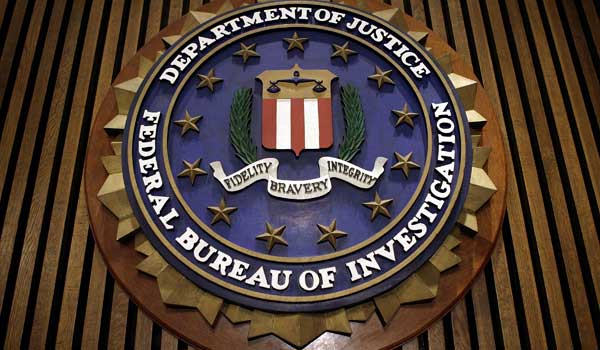FBI Admits Unlocking Method Is Useless On Current iPhones

Only older iPhone models can be unlocked using current methods, FBI says, as debate rumbles on
The director of the FBI has reportedly admitted that its secret method of unlocking the iPhone only works on older Apple smartphones.
Following weeks of debate, the agency finally managed to unlock the iPhone 5C that belonged to the San Bernardino terrorist late last month, reportedly with the help of an unnamed third party, after Apple refused point blank to assist in the matter.
However the FBI has now apparently admitted that this exploit only works on some iPhone models.
Narrow
“We have a tool that works on a narrow slice of phones,” FBI Director James Comey was quoted by Reuters saying at a conference on encryption and surveillance at Kenyon College in Ohio late on Wednesday.
If Comey’s statement is to be believed, it means the FBI can only unlock the iPhone 5C, which was released back in 2013 and is now discontinued, and older.
 It also means that the FBI’s unlocking technique will not work on later models such as the iPhone 6 and 6S models, so if Apple users want to remain secure, now might the time to upgrade handsets.
It also means that the FBI’s unlocking technique will not work on later models such as the iPhone 6 and 6S models, so if Apple users want to remain secure, now might the time to upgrade handsets.
The FBI had resorted to using a court order to try and force Apple to unlock the iPhone 5C belonging to San Bernardino terrorist, Syed Rizwan Farook, but Apple refused, arguing that the FBI essentially wanted it to create a “backdoor” that could allow it to unlock any iPhone in the future.
Frustrated by Apple’s refusal and facing a lengthy legal fight to compel it to help, the FBI reportedly instead resorted to using the unlocking services of Cellebrite, a mobile forensics company based in Israel.
Cellebrite certainly has the right credentials. Earlier this year the Dutch police reportedly used its technology to decrypt messages on BlackBerry PGP handsets.
But there is concern that as the FBI methods only works on older devices, it may in future resort to legal measures to compel tech firms to compile with its requests on other more modern devices.
Growing Tensions
The FBI versus Apple battle comes at a sensitive time. Tension in between the US government and Silicon Valley has flared up in recent years, as tech firms seek to safeguard customer data from what it regards as increasingly zealous law enforcement requests.
This tension is evidenced in the current battle over encryption. Earlier this week the White House refused to support draft legislation that would require technology companies to help law enforcement crack encryption.
President Obama and the White House has been quietly backing down on its initial support for an encryption backdoor after strong opposition by Silicon Valley. President Obama made no secret of the fact that he wanted access to encrypted messages, and he had asked tech companies to allow the government to break that encryption when necessary.
But last June a number of leading technology companies including Google, Apple, IBM, Microsoft and Facebook wrote a strongly-worded open letter to Obama, calling for him to respect the privacy rights of consumers by not weakening encryption systems.
Are you a security pro? Try our quiz!